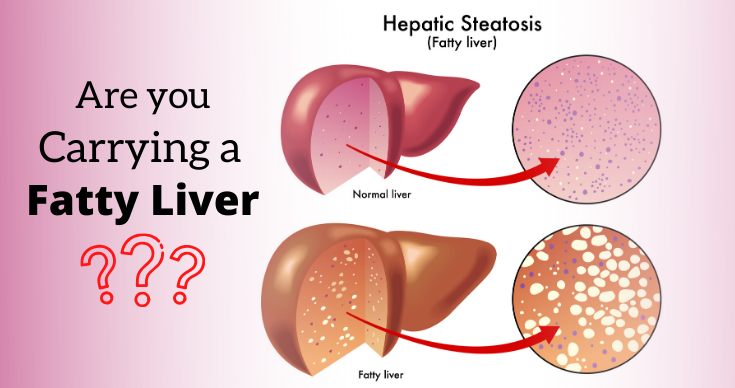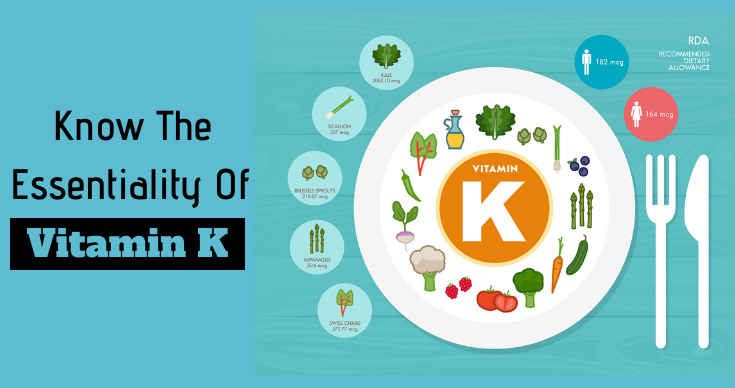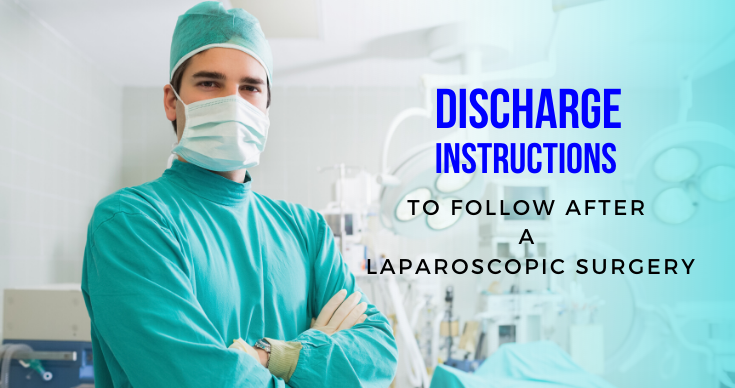Want To Be Healthy? Sip A Cup Of Green Tea
After healthy drink of fruit and vegetable juices, another healthy beverage that must become a part of your life has to be green tea.
Green tea has many advantages to the health and it has been observed that the ones who regularly consume green tea are far healthier than the ones who do not. Everyone wants to be healthy. Today, ILS Hospitals, one of the best hospitals in Kolkata and Agartala will tell you some superb health benefits of green tea.
Helps in losing extra pounds
Green tea has been proven to burn fat which further aids in weight loss. If you’re planning to shed extra pounds, drink a cup of green tea twice a day.
Boosts the immune system
A strong immune system ensures that you do not fall sick often. The polyphenols in green tea help in building the immune system.
Good for the heart
Drinking green tea regularly will lower your blood cholesterol and keep the blood pressure under control. If you have hypertension, then consuming green tea is definitely recommended.
Might prevent cancer
Antioxidants destroy free radicals checking oxidative stress. Due to the high content of antioxidants, green tea might help in preventing some types of cancer.
Great for diabetic patients
Green tea has polyphenols and polysaccharides. Both of them aid in lowering the blood sugar levels. Consumption of green tea is beneficial for the ones suffering from diabetes.
Can relieve stress and anxiety
Any herbal tea can reduce stress and anxiety. But still, green tea is highly preferred because of its high l-theanine (amino acid) which helps in alleviating stress and anxiety.
Green tea even helps in detoxifying your body. Make the most of green tea by brewing it the right way. It’s very easy to prepare a cup of refreshing green tea. All you need is boiled water and fresh green tea leaves or tea bags and a good strainer. You can even flavour your green tea with a teaspoon of honey or a few drops of lemon juice.
For any health-related consultations, visit ILS Hospital.
Do You Have Fatty Liver Disease? Find Out The Answer
The primary function of the liver is to purify the blood, detoxify the system and to store certain vitamins, minerals and glucose. Hepatic steatosis or commonly known as Fatty liver disease (FLD) is the accumulation of more than normal fat in the liver. If this condition is caused by excessive alcohol consumption, then we call it Alcoholic Fatty Liver Disease (AFLD). Fatty liver can lead to serious health conditions, like liver inflammation, cirrhosis and even liver failure. Do not ignore if you have already been diagnosed with FLD and get immediate liver treatment.
Causes of Fatty Liver Disease
- Obesity
- Hypertension
- High cholesterol and fat in the blood
- Overconsumption of alcoholic drinks
- Sudden weight loss
- High blood sugar or diabetes
- Certain liver infections like Hepatitis C
- Poor nutrition
- Genetics.
Symptoms of Fatty Liver Disease
The symptoms of fatty liver are mild during the initial stages, hence can be only discovered through proper diagnosis. If the condition deteriorates, you’ll notice the following symptoms:
- Tiredness or Exhaustion
- Abdominal pain
- Weight loss
- Swollen abdomen
- Nausea
- Poor appetite
- Confusion.
Diagnostic tests for Fatty Liver Disease
A correct diagnosis is required to pinpoint Hepatic Steatosis. Your medical history is extremely important for the doctor to find out the exact cause of FLD, so ensure that you provide accurate previous medical reports and answer all the questions precisely. The medical professional will recommend the diagnostic tests as mentioned below:
- Physical exam, in which the doctor presses on your abdomen to check for any enlargement.
- Liver function tests, which are certain blood tests to determine the health of your liver.
- Diagnostic imaging tests, such as Ultrasound, MRI and CT scan, to find the presence of excessive fat in the liver.
- Liver biopsy, in which a tissue sample of your liver is collected to inspect the liver’s condition and damage.
There’s no specific treatment for Hepatic steatosis but with certain changes in the lifestyle and medical guidance, the damage can be reversed and the condition can be in full control. Let’s look at the lifestyle changes you are most likely to be prescribed by the gastroenterologist.
- Avoid drinking alcohol (in case of Alcoholic Fatty Liver Disease (AFLD).
- Eating a healthy and well-balanced diet.
- Losing weight.
- Getting regular check-ups and treatment from the concerned doctor.
You can always visit ILS Hospitals, one of the best hospitals in Kolkata and Agartala for any kind of medical help.
How To Add Enough Vitamin K In Your Diet
Do you know what Vitamin K is? Like all other vitamins, Vitamin K is another vitamin vital for the human body. So, what makes Vitamin K essential for our bodies?
Vitamin K is responsible for the clotting of blood or coagulation. Coagulation is a vital process that helps prevent excessive bleeding after a cut or injury. The said vitamin also helps in bone metabolism and calcification. Vitamin K deficiency is a serious condition and can lead to many health issues including:
– Decreased bone strength
– Osteoporosis
– Tooth decay
– Coronary Heart Disease
– Certain types of cancer.
Do you know the symptoms of Vitamin K deficiency? They are mentioned as follows:
-
Heavy menstrual bleeding
-
Easy bruising
-
Excessive bleeding during cuts, injuries, injection or surgical sites
-
Presence of blood in the urine or stools
-
Bleeding in the gastrointestinal (GI) tract.
Today, ILS Hospitals, one of the best hospitals in Kolkata, would like to give you a list of food items that are rich in Vitamin K so that your body never lacks in this essential vitamin. Before we proceed further, let’s make you know that there are mainly two types of vitamin K – K1 and K2. Vitamin K1 is derived from plant sources whereas we acquire vitamin K2 from animal products.
Make these Vitamin K-rich foods a part of your daily diet!
Soybeans
Soybeans, the only plant-based food that contain both vitamin K1 and K2, a relief for vegetarians who cannot get their vitamin K2 supply from meat sources. Apart from the mentioned fact, soybeans and soya chunks are an excellent protein provider for non-meat eaters. You can also consider cooking your meals in soybean oil as the oil contains not only vitamin K but also other pivotal nutrients, like polyunsaturated fatty acids, omega-3 fatty acids etc.
Leafy Greens
Green leafy vegetables are another plant-source for vitamin K. If you want to have sufficient vitamin K in your diet, eat lots of spinach, mustard greens, broccoli, lettuce, cabbage, beet greens and so on.
Eggs
The yolk of an egg has more vitamin K than the white portion. It is always advised to consume eggs for receiving adequate nourishment. You may eat boiled eggs daily for a healthy body.
Pumpkin
Another vegetable that contains vitamin K is pumpkin. One cup of cooked pumpkin has almost 1.96 mcg vitamin K1. So, do include pumpkins in your diet.
Other good sources of vitamin K are chicken, pine nuts, blueberries, dried basil, sage and thyme etc.
To get your customized diet-chart, visit ILS Hospitals in Kolkata and Agartala.
Discharge Instructions To Follow After A Laparoscopic Surgery
Laparoscopic surgery is a surgery in which the laparoscopic surgeons use special surgical tools and make few smaller incisions to treat a person. Laparoscopic or minimally-invasive surgery is known for its immense benefits as follows:
-
Speedy recovery
-
Less blood loss
-
No or minimal pain
-
Low chances of infection
-
No or less discomfort
-
Higher rate of success
-
Early discharge
-
Cost-effective.
After any laparoscopic surgery, the patients get certain discharge instructions from their laparoscopic surgeons. The recovery time is different for each patient, but, in general, it is much faster than traditional open surgery. Today, ILS Hospitals would like to share the general discharge instructions that need to be followed post laparoscopic surgery. So let’s look at the discharge instructions that a patient must follow post keyhole surgery for a quicker recovery.
1. Consuming a soft diet:
A bland and nutritious soft diet has to be followed after a person undergoes minimally-invasive surgery. Soft foods are good because they are digestible and aids faster recovery as your body does not have to work hard for digesting food. The food should be cooked with less oil and spices. Some of the examples can be boiled and mashed- potatoes, vegetables, rice, peeled fruits, poached eggs, strained vegetables and meat soups, fruit juices, porridge or dalia, pureed dal, lentils or masoor ki dal, and so on depending on the patient’s choice.
2. Avoiding certain foods:
Some foods should be avoided or else they may delay the patient’s recovery. Some of them are fried and oily foods, fatty foods (like red meat), spicy foods, and stale foods as they may cause indigestion, heartburn, and acidity. Also, there’s no question of eating roadside and outside food, so home-cooked food is your only good companion.
3. Taking medications on time:
No matter wherever you go, when it comes to timely medications, doctors from different hospitals are on the same page.
4. Avoiding overstrenuous activities:
It is important to not overexert the body post any surgery. The incisional site is still raw and not completely healed, so all sorts of vigorous activities (outdoor sports, running, moving furniture, carrying heavy weights, climbing stairs, jumping etc.) need to be postponed for some time.
5. Taking care of the incisional region:
The incision, even though minute, must be taken care of by keeping it clean, dry and safe. Do not scrub, scratch and disturb the surgical incisions site and wear loose-fitting comfortable clothes. Never expose the surgical site to sunlight.
After any laparoscopic or minimally-invasive procedure, please get proper discharge instructions from your doctor or medical professional for better recovery. You can get your laparoscopic treatment done from experienced laparoscopic surgeons at ILS Hospitals in Kolkata and Agartala.














